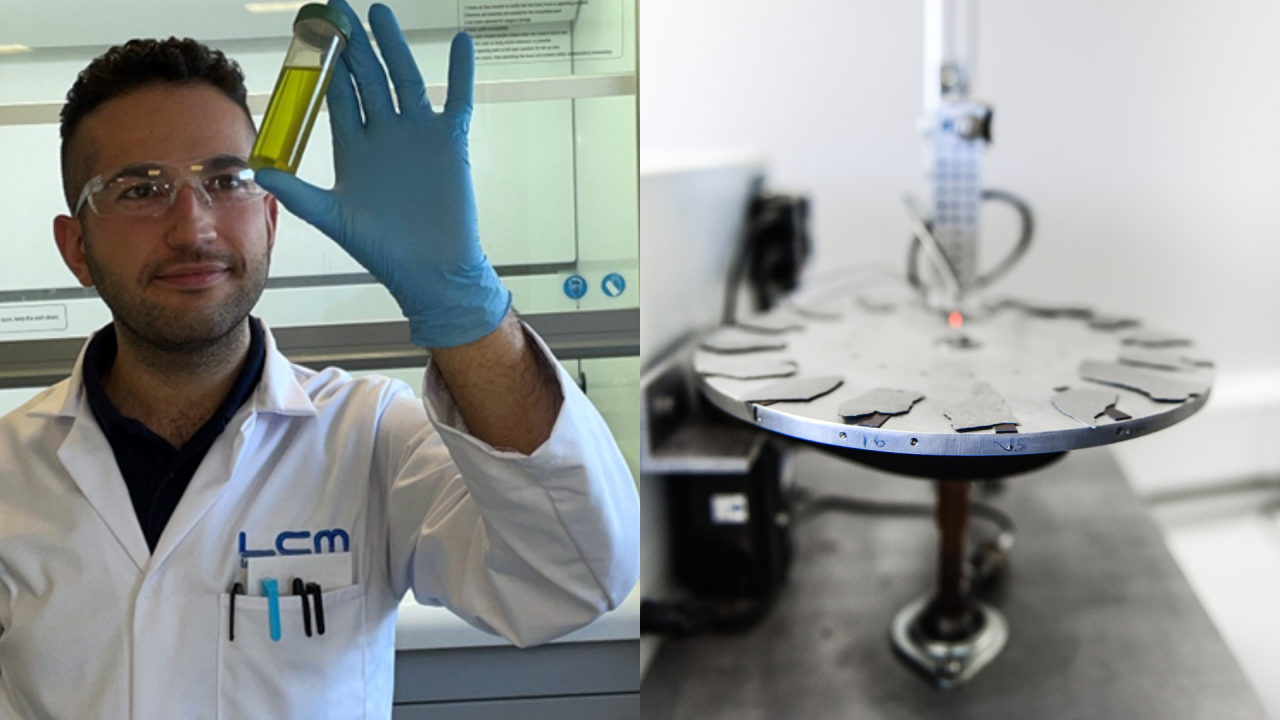The Less Common Metals laboratory is an inorganic analytical laboratory equipped to test the elemental composition, micro-structural and physical properties of inorganic materials. It primarily acts as the quality control (QC) department for the production of metal alloys but has the capability to perform commercial analysis on a variety of inorganic materials.
Meet LCM’s Senior Analytical Chemist, Daniel Cassim, who recently celebrated two years of working in LCM’s onsite laboratory.
How did you become interested in analysis?
During undergrad, I enjoyed all modules but had a big interest in inorganic chemistry and metals which lead me to take elective courses related to those fields. During my master’s, I specialised in f-block (lanthanide) chemistry and advanced analytical chemistry techniques used to study them.
What are your main responsibilities at LCM?
I am responsible for the daily management of the lab, including daily work allocation, analytical testing, method validations, investigating OOS/OOT results, and testing unknown samples. I also am the point of contact for the external analysis our laboratory offers.
Why is your job important to this industry?
Quality control is vital for all production industries, and LCM is no different.
We ensure that LCM’s products are impartially tested using calibrated analytical instruments – this allows us to make sure the customer receives the best possible product that conforms to their specification.
What is the most challenging part of your job?
Relying on critical thinking and problem-solving skills, which is vital to all aspects of testing – from designing new experiments to complex data analysis.
What is the most enjoyable?
The variation involved in the job. Analytical testing involves much more than a simple ‘measurement’. For example, other things to consider are instrumentation, sampling, data processing and validity – which are all encompassed in daily life as an analytical chemist.
What advice would you give to someone wanting to become an analytical chemist?
Study sciences at GCSE and A-level and apply for a degree accredited by the RSC (Royal Society of Chemistry).
If you are interested in what laboratory services LCM can offer check out our website here.

